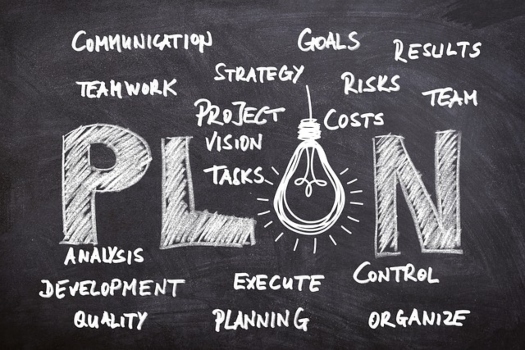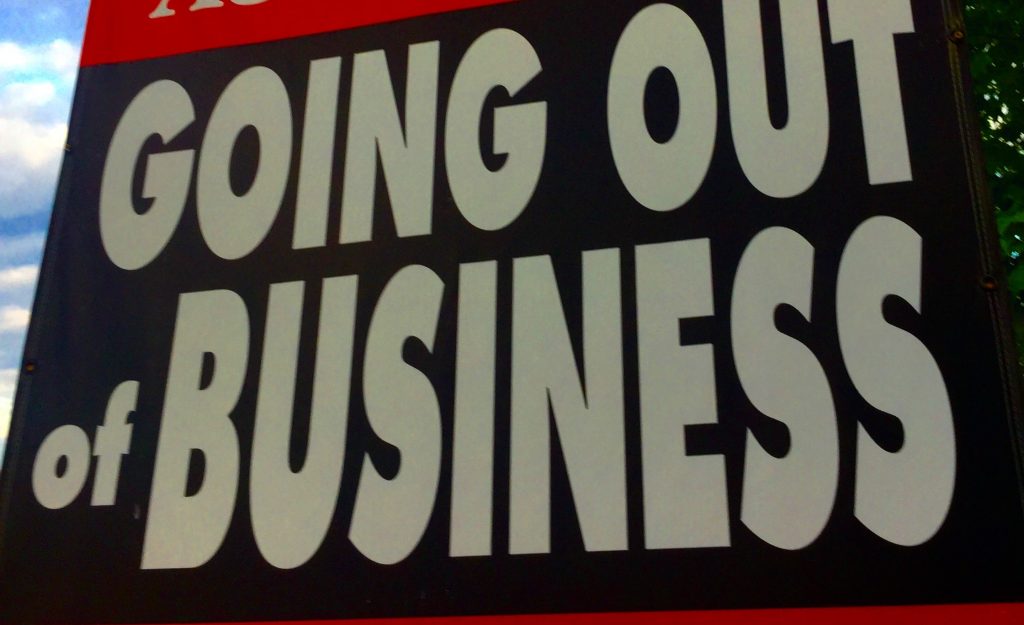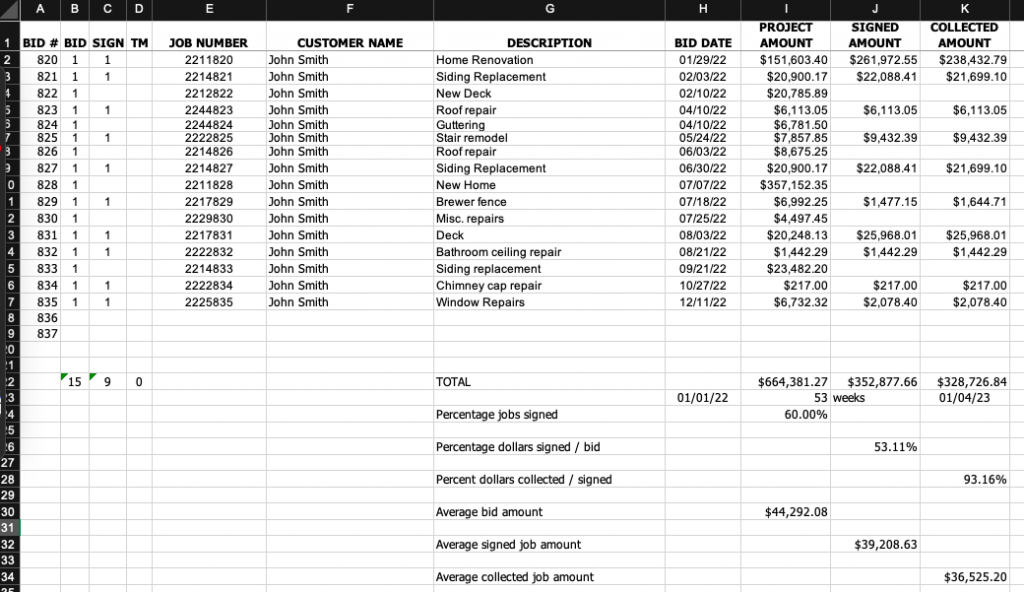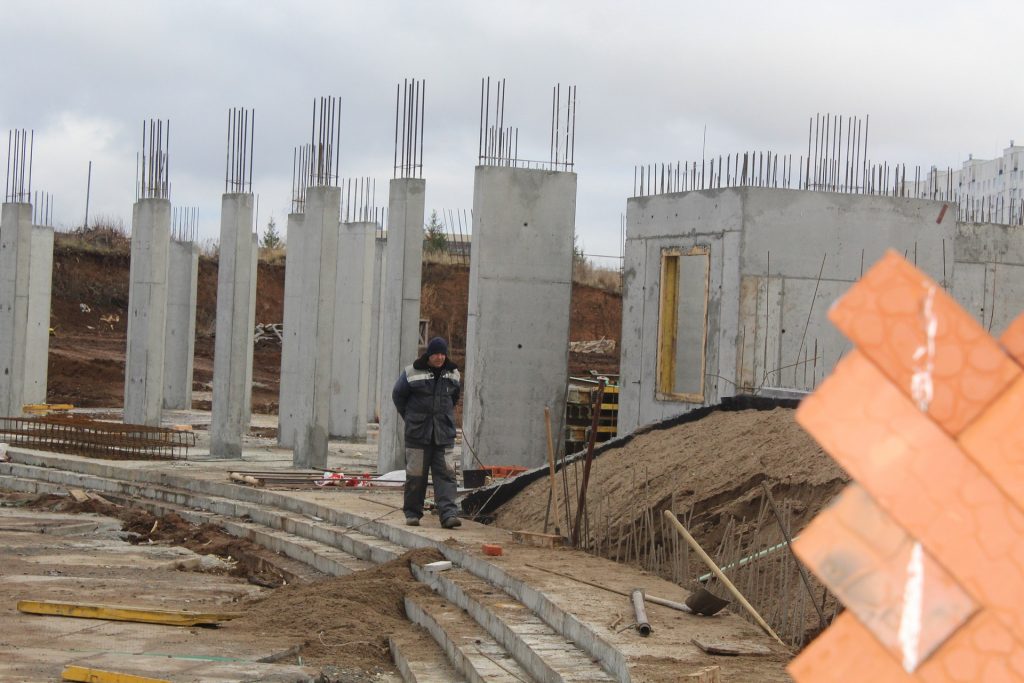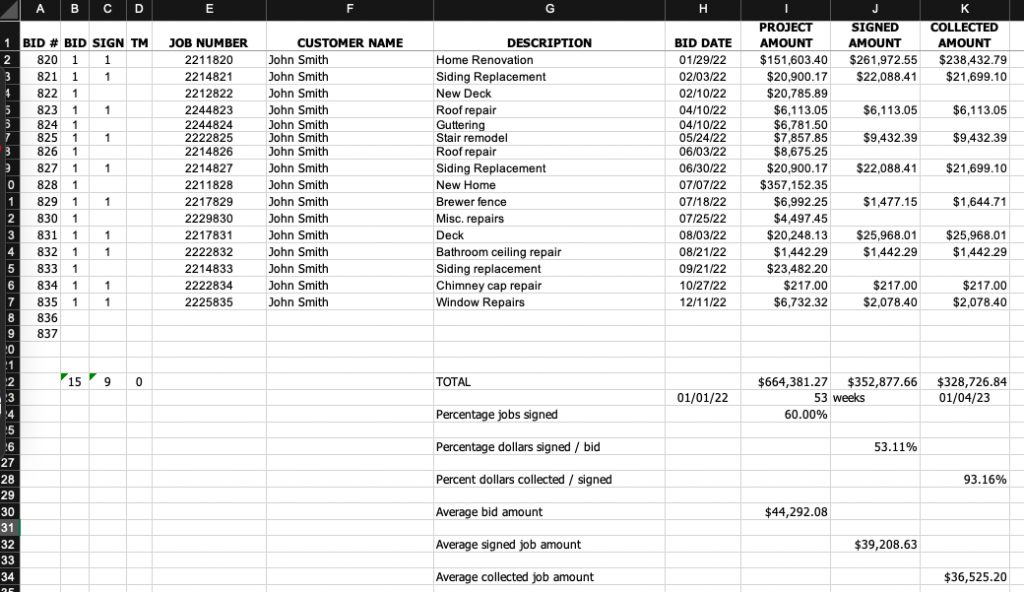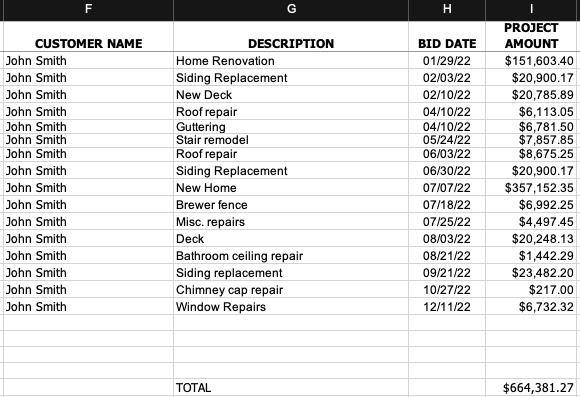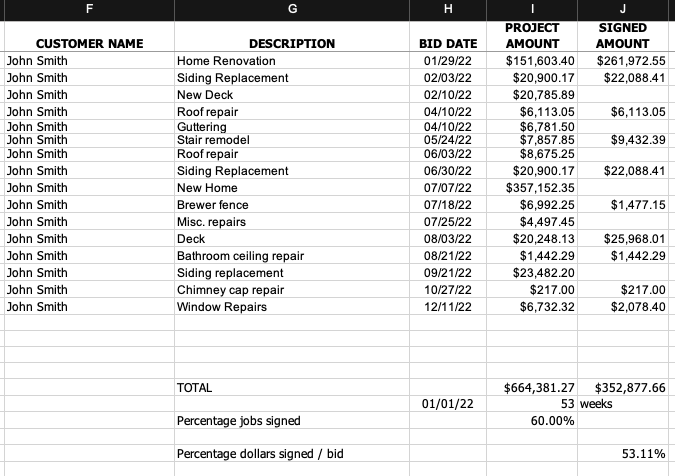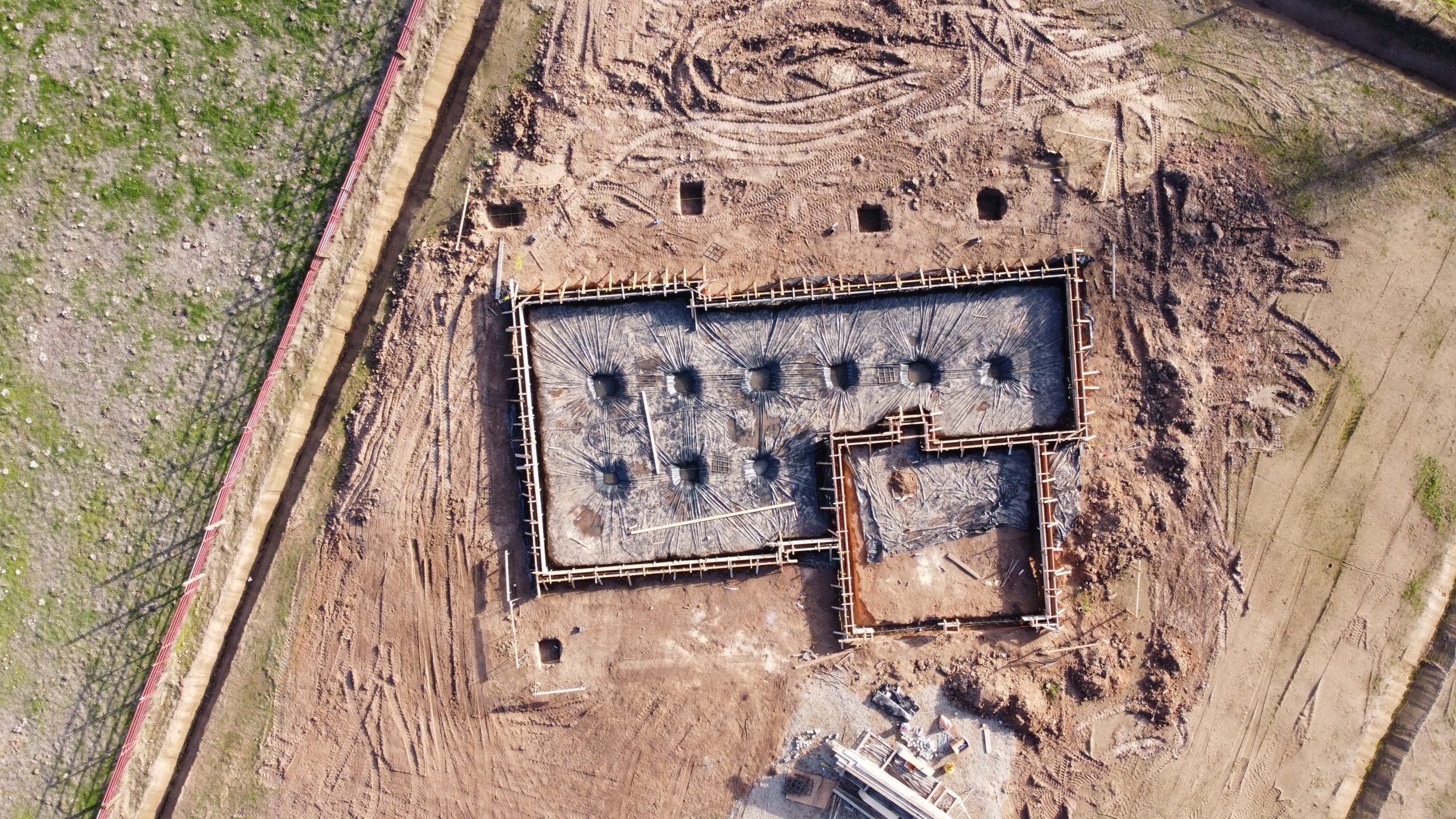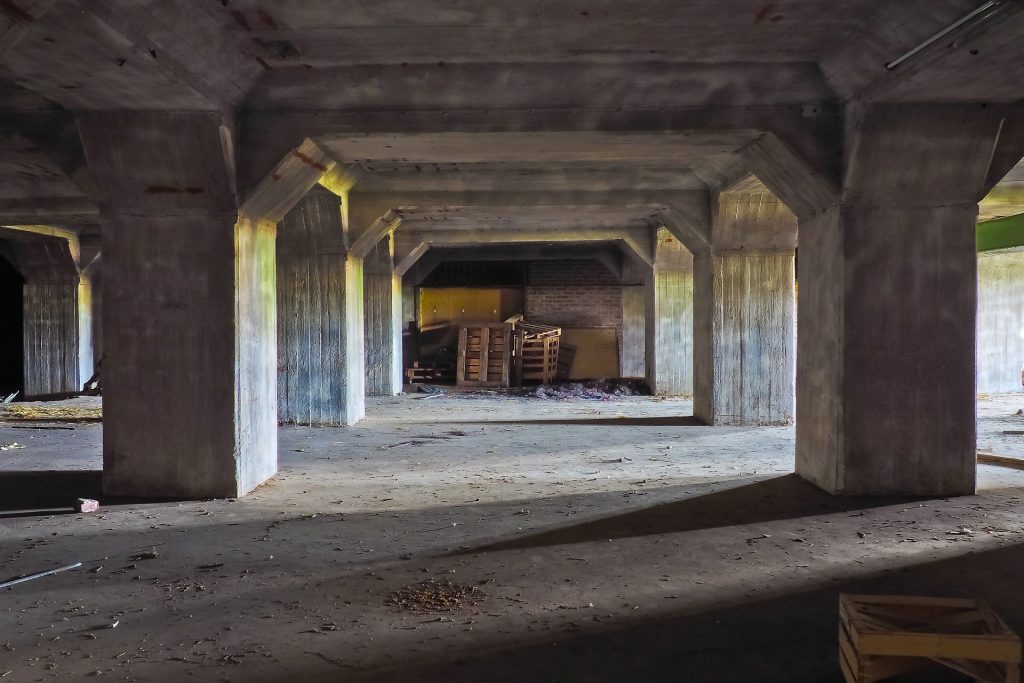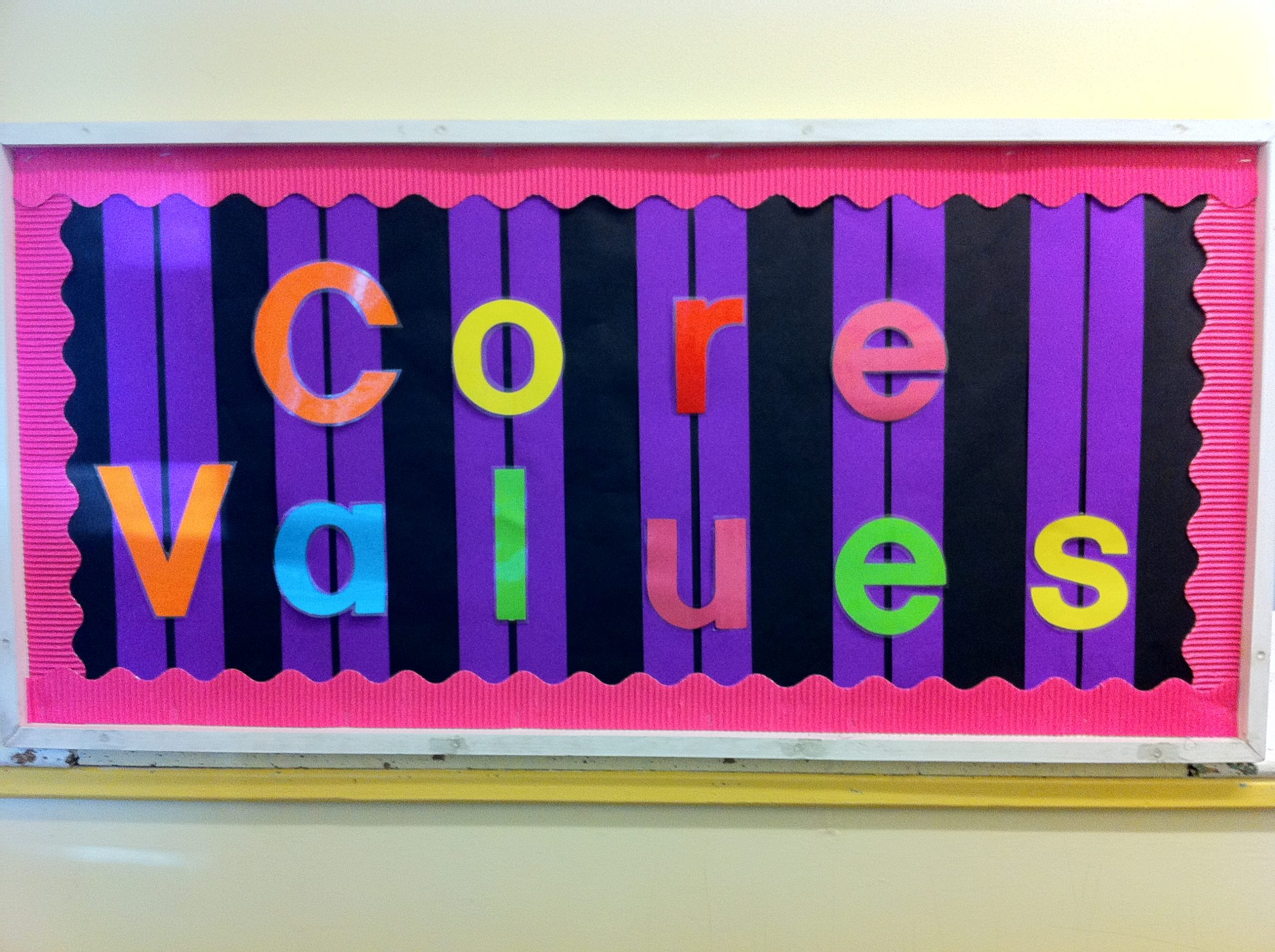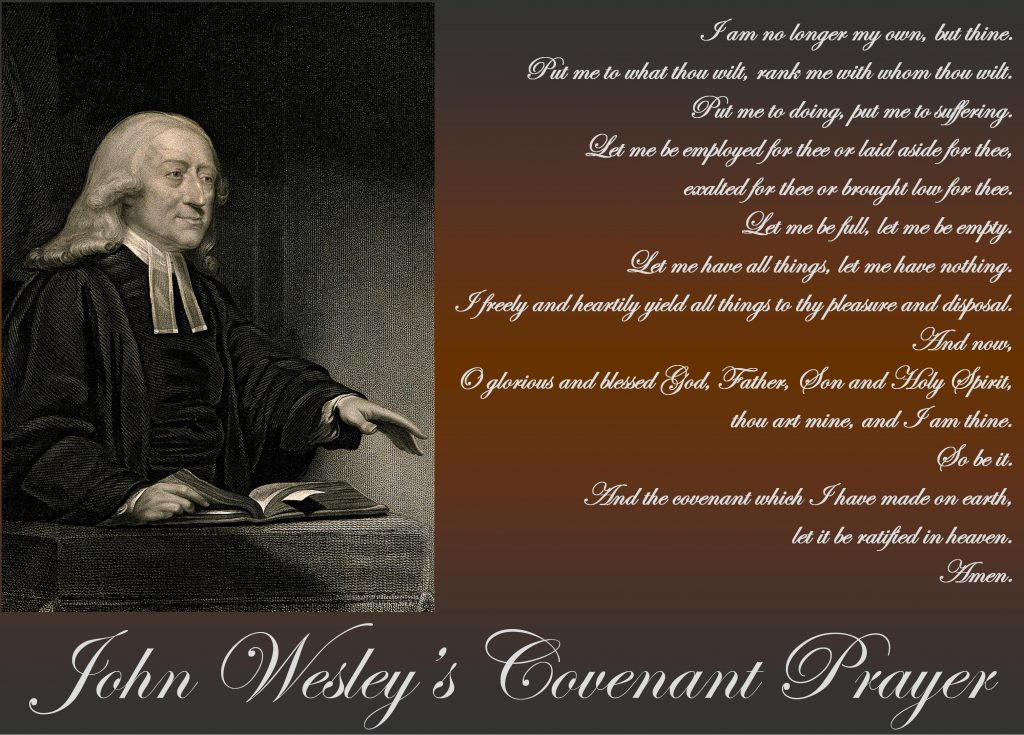Next, You’ll Need Some INSTRUCTION on How to IMPLEMENT This INFORMATION
Most of us in the construction business started out with a vision in our minds of what our dream company would be like. We see those successful companies out there and there’s no reason we can’t do the same thing. After all, we’re really good at building things.
The problem is more times than not…those companies are struggling with the same kind of things that you are. Everything always looks better from the outside.
Dreams usually aren’t founded in reality; it is after all…a dream.
Without knowing the struggles inside those other companies, we begin to doubt that we have what it takes to run a successful business. Then the dream turns into a nightmare. Maybe we’re just kidding ourselves. What made us think we could do this anyway?

This is where a lot of companies give up, close the doors and go back to working for someone else feeling like a failure.
In that time of doubt, you know something is wrong, but you just don’t know what. BEING AWARE that there is a problem is the first building block in BUILDing your dream business.
You don’t need anyone’s help with BECOMING AWARE there’s a problem.
This is where the next block in the foundation of a successful construction company needs laid. The second building block is UNDERSTANDING those problems. It would be nice to have some help with this block.
This is the realization that building a successful construction business includes more than just construction. It requires a plan for the business. In time you can figure out what you need to build a successful business, but it can take a long time and can be expensive. What you need is INSTRUCTION from someone who’s graduated with a master’s degree from the ‘school of hard knocks’.
Having been in construction for more than forty years I have just such a degree.
The third BUILDing block is INSTRUCTION. Just like going to school to learn from teachers is helpful, having someone with more experience in business operations to INSTRUCT you is also helpful. It’s important that you are INTRUCTED with the right INFORMATION. You need the right INFORMATION to help you solve the problems specific to your business.

Asking for help can be a hard thing to do, but it’s easier and faster than trying to do it alone.
The amount of information it takes to run a successful construction business can be overwhelming. Asking someone for help can be scary, not to mention time-consuming. Ultimately, it comes down to you making a decision. You can decide to keep doing things the way you’ve always done them or…
You can decide to do something different and change things.
After being INSTRUCTED and INFORMED you need to LEARN how to use the INFORMATION you’ve received. LEARNING is the block we’ll lay in the next post.
I don’t think your dream was to start a company and have it fail.
It’s up to you to keep that from happening.
If you’d like some help with finding solutions to the problems your company is facing, you can get a free 30-minute construction company consultation with me by filling out this survey.



